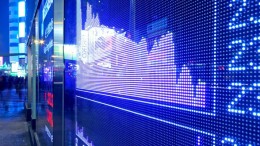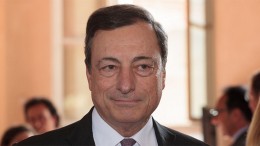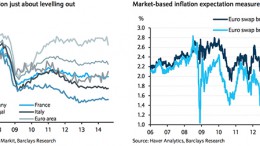Repo Facility: QE Or Not? It Does Not Matter
Unigestión | Whether it is called QE or not, buying bills (swapping reserves for short-term bonds), injecting liquidity into the market place and growing the balance sheet affects risky assets. Market conditioning (the Pavlovian effect) since the GFC is that stock markets cannot go down when the Fed is growing the balance sheet. Additionally, the Fed’s extremely aggressive response to the repo blowout in September is another signal to markets that it has a very low tolerance for market fluctuations.





